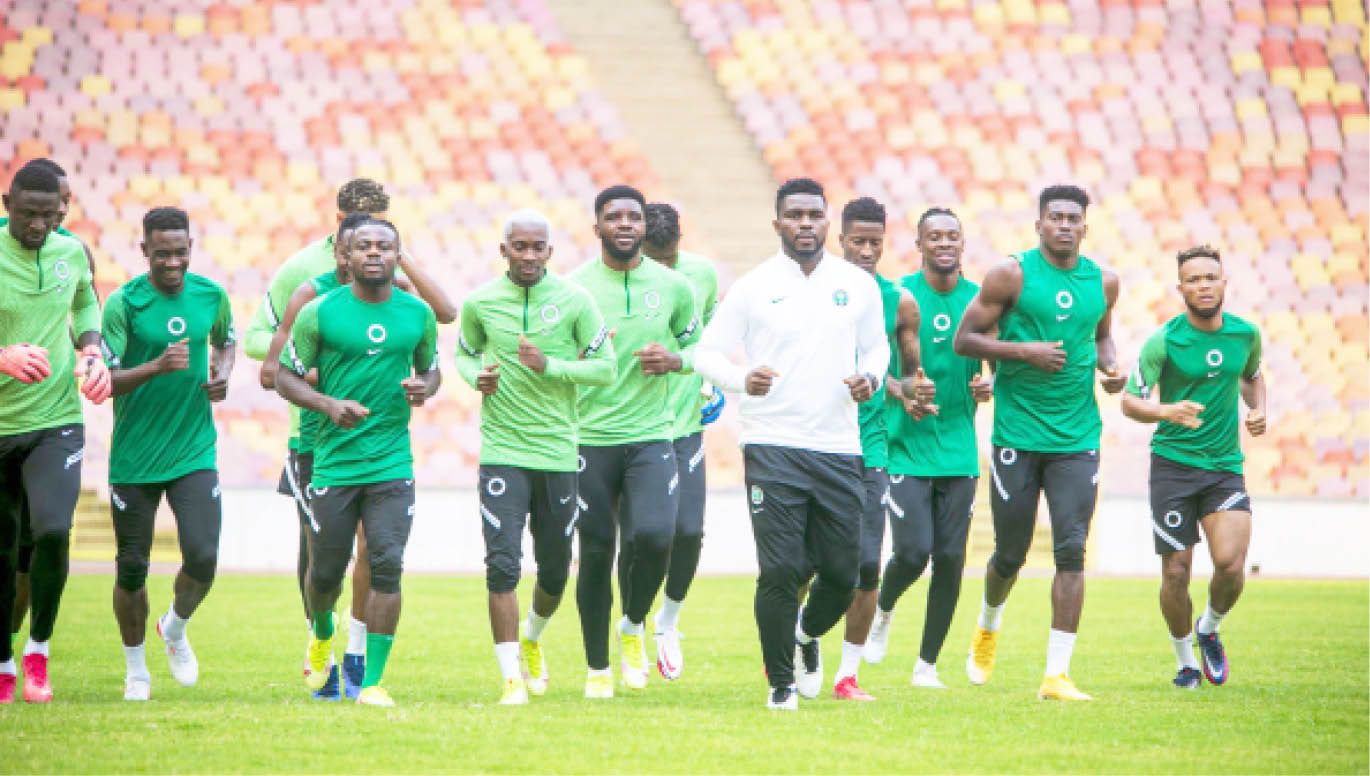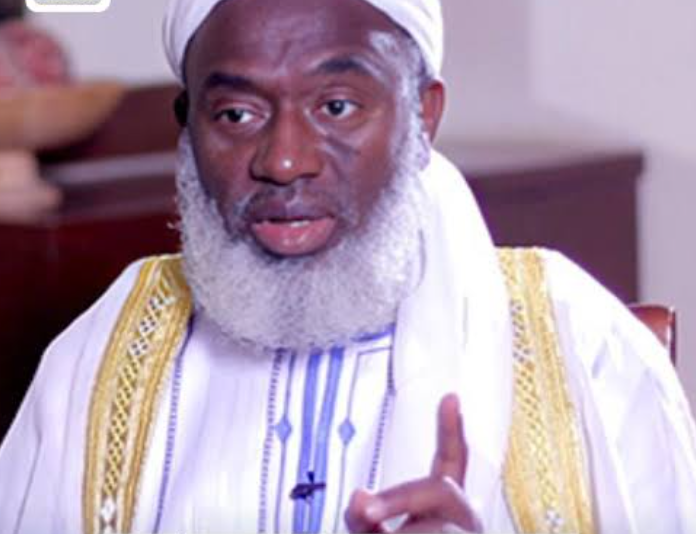

The Super Eagles of Nigeria have finally resumed training in Rabat, Morocco, after a tense 24-hour boycott sparked by unpaid bonuses from the Nigeria Football Federation (NFF).
The standoff, which threatened to derail Nigeria’s preparations for the 2026 World Cup playoff against Gabon scheduled for November 13, 2025, has now been temporarily resolved following urgent intervention from top sports officials.
Images circulating online show players clad in their green Nike kits, jogging across the stadium turf with visible relief and renewed focus. The return to training signals a fragile truce between the players and the federation, coming after a wave of internal frustration over persistent delays in appearance fees and match bonuses — issues that have plagued Nigerian football for years.
According to multiple reports, team representatives met late Tuesday with NFF executives, who pledged to settle outstanding payments within days. The players reportedly agreed to return to camp activities “in good faith,” though several insiders described the resolution as “a bandage over a deep wound.”
This latest bonus dispute echoes similar crises in 2022 and 2023, when the Super Eagles staged silent protests during international fixtures over the same financial neglect. Critics argue that these recurring issues stem from structural mismanagement and lack of financial transparency within the NFF, despite the federation’s receipt of substantial FIFA and government funding for tournament preparations.
While fans are relieved that Nigeria’s World Cup qualification hopes remain intact, the incident has reignited a broader conversation about accountability in African football administration. For a team that once symbolized national pride and unity, these repeated funding battles risk undermining morale and focus — with some pundits warning that failure to resolve the root causes could haunt the Super Eagles long after the final whistle in Rabat.
As the squad resumes full training, one thing remains clear: Nigeria’s path to the 2026 World Cup will depend not just on performance on the pitch, but on the integrity and efficiency of the system that supports it.


